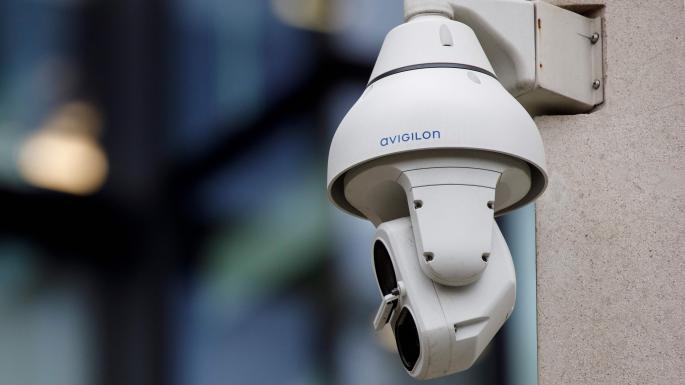The modern methods of communication through digital technology come with their own challenges. Presently, they have become a means for the state to keep a surveillance on activities of the citizens. In the name of national security and countering internal threats the government frequently gains access to private data. Earlier, with less developed technologies, methods like phone tapping were used. Now, traditional surveillance has been replaced by modern techniques.
While one may feel that the government should be able to accesses private lives of the citizens, it is important for us to make sure that it is done only as a matter of last resort. The last two years have witnessed rise to a new kind of crime, namely mob lynching, which has its own unique sources. The government has blamed social media, fake news and communal messaging as the primary causes for the same. These add to the larger concern for India’s security and sovereignty.
While some of these concerns are valid, the threshold for law enforcing agencies to decrypt data should be high and there must be some parameters to keep such access in check. There are several examples of excesses committed by the government. Be it the UP government which checked 10,000 phone records to find out who had thrown rotten potatoes on the VIP streets of Lucknow, or the central government asking Blackberry to provide access to monitor their messenger, internet and enterprise service. In 2012, a change of government in Himachal Pradesh revealed that the previous government had targeted 1371 telephone numbers for tapping and recording but the state’s home secretary had granted permission for only 2% of these. Another concern is that of data leakage, the most recent example being the leakage of data of over 2.4 lakh NEET candidates.
All these instances highlight that surveillance can be more dangerous than censorship and can cause a lot more harm to the people without them even realizing it. P Arun, points out the dilemma between the narrative of surveillance for the cause of protection and security versus the ambition to control and surveil populations for larger political gains. Data collection is important to design a campaign strategy. This critically endangers not only the right to freedom of speech but also the fundamental right to privacy.
The judgment in Justice KS Puttawasmy’s case in 2017 declared privacy a fundamental right and laid proportionality standards to test the validity of restrictions on that right. But the government barely have constrained itself within the restrictions. Other than “extraordinary provisions” to counterterrorism, there is an array of “ordinary provisions” for normal times. These ordinary provisions enable the state to intercept telephonic and other electronic communication.
Incidents of phone tapping etc. reach a high point on the occurrence of major events such as during Emergency, Mumbai attacks or Gujarat riots. But there is a lack of realization on the state’s part that same conditions do not apply under normal circumstances. Aadhar is the biggest tool for state intervention. The Unique Identification number that was introduced for good governance provides real times access to information of all citizens, strengthening surveillance as a pillar of e-governance. Aadhar is not only a right promoting mechanism but also a right denying tool.
India today that boasts of being the largest democracy is also amongst the biggest surveillance states. With a score of 2.5 out 5 on the privacy index, it ranks 3rd on lowest privacy protection norms. Despite privacy gaining a constitutional status there is lack of legal mechanisms to protect it.
The basic pillar of democracy is the accountability of state towards its citizens but surveillance flips this very norm making citizens accountable to the state. There is a need to unmask the mystery of “national interest” and work towards building a more balanced relationship between the so called public interest and individual privacy.
Read More: Aadhaar for Subsidies, Not Surveillance
Post Disclaimer
The opinions expressed in this essay are those of the authors. They do not purport to reflect the opinions or views of CCS.






